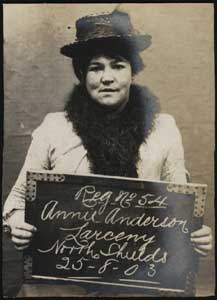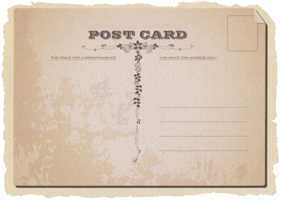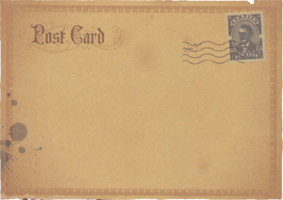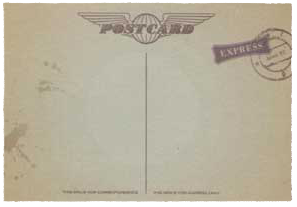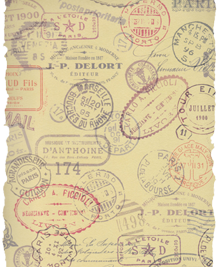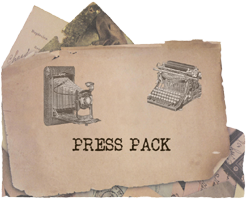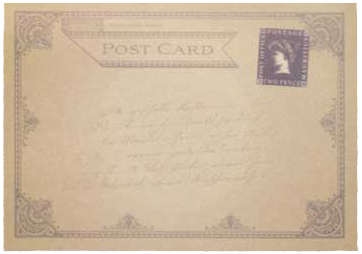I’m a late-comer to crime. I’d read some of the classics and had a few contemporary favourites such as Sara Paretsky, Michael Dibdin, and Barbara Vine but I wasn’t an aficionado. Branching out of my career path to become a writer changed that – eventually. During a decade-long apprenticeship I amassed a pile of rave rejections all highlighting one major flaw in my novels: I was falling between genres. The kiss of death. After the managing director of a publishing house rang to say their one book that year was a toss-up between mine and someone else’s, and it wasn’t my lucky day (a double-edged telephone call if ever there was one) I was ready to break my pencils and return to the rat-race. Only I still had something to prove – to myself if no one else. The decision I then made changed my life.
I signed up for an Arvon Crime Writing course. Luck was now on my side because the tutors were Val McDermid, Louise Welsh, and the guest speaker, Andrew Taylor. During those few days my eyes were opened, my spirit renewed, and I felt I had found a home for my voice. In the years that followed I knuckled down to learning everything I could about the genre, read crime novels voraciously, wrote three of my own, and secured an agent. But the publishers didn’t begin beating a path to my door. The rejections were now different in tone: great historical setting but people won’t read books about Cuba (?); we are looking for female protagonists; body count too low; character development over pace. Clearly, I still hadn’t cracked it.
So . . . a change of tack. I’d go for all-or-nothing by devising a crime series in which I’d address all of the above whilst capitalising on my passion for exploring society in the aftermath of the Great War and the research I had undertaken on London’s docklands for a previous novel. But there the easy choices ended. In what capacity could a young working class woman with lots of nous but little formal education investigate murder in 1920? Luck was with me once again (are you sensing a theme here?) when I stumbled over the perfect job: a coroner’s officer. They needed no qualifications; it wasn’t a legally-constituted role; and, crucially, in the decimated labour-market it was conceivable a woman might be appointed. May Louise Keaps was born. Then I only had to learn how the coroner system, inquests, medical science and pathology, the relative powers of the various courts, and the detection of murder all operated in the early years of the 20th Century. Simple.
Fast forward to August 2014 and the first book in the series, Foul Trade,* sitting on booksellers’ shelves. With a fabulously generous cover quote from Andrew Taylor. Only you, the reader, can decide if I’ve made the grade as a crime writer. But I do finally feel like one. And I’m immensely proud to be in the tribe.






